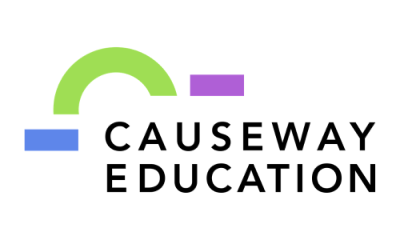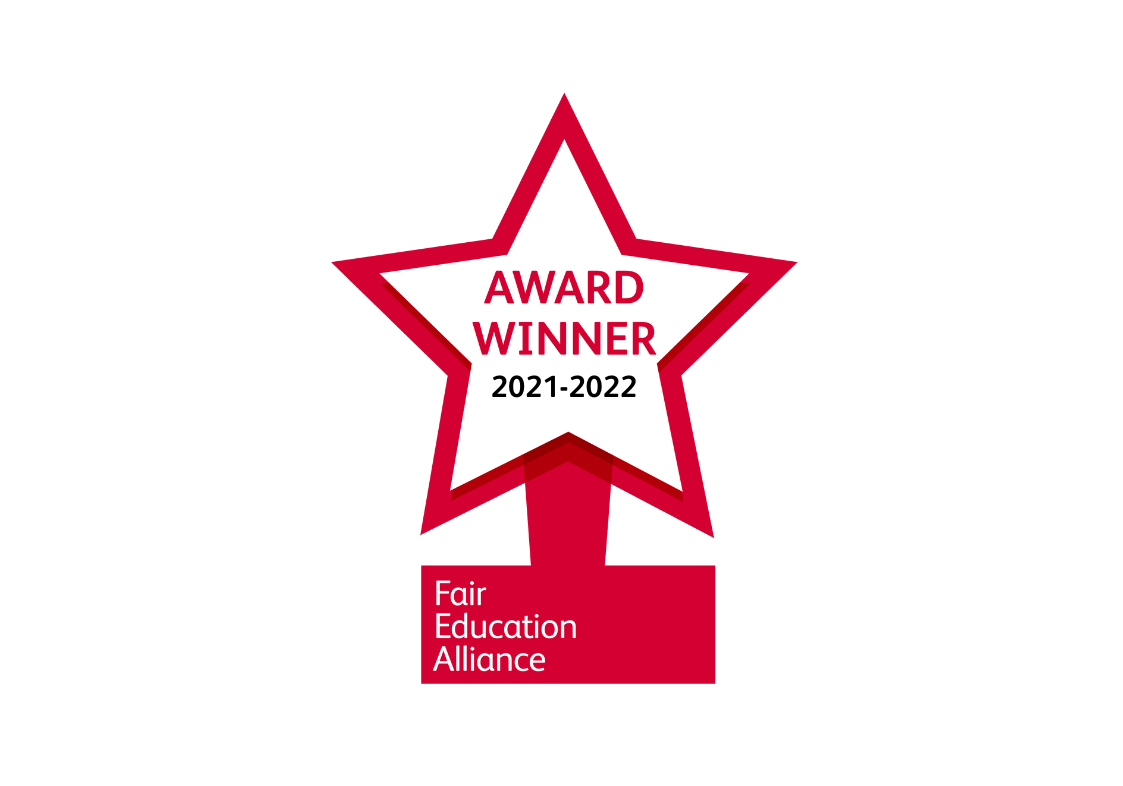Supporting the supporters: how can we help teachers to provide high-quality information, advice and guidance to young people?
/Fionna Mclauchlan
Fionna McLauchlan, our Monitoring, Evaluation and Research Manager, has been looking at data showing how important it is to support teachers so they can make sure young people get the guidance they need when looking at their options for post-18 choices.
We know from our work with schools that young people often turn to their teachers for information, advice and guidance (IAG) on post-18 pathways, and a recent Office for Students (2018) poll found that 68 per cent of prospective students had consulted or would consult their teachers for advice on what, and where, to study. This result was ahead of friends and peers (67 per cent) and websites (60 per cent).
But, as discussed in our roundtable with our friends at the Fair Education Alliance (FEA) on post-16 choices, teachers don’t always feel equipped to provide appropriate and up-to-date IAG to their students.
We wanted to dig a bit deeper into this issue, so we carried out some research with Teacher Tapp into how teachers feel about providing IAG to young people. The responses highlighted the imperative need to ensure that teachers feel adequately supported and trained on how to advise young people to make informed choices about post-18 pathways.
Provision of training in Higher Education (HE) information, advice and guidance
Out of the teachers surveyed, 89% had not received any training in providing Higher Education (HE) information, advice and guidance for students in the past year. This breaks down to 83% of senior leaders and 90% of classroom teachers when we look at levels of seniority. These are remarkably high figures considering the responsibility that teachers and schools have in supporting young people into post-18 pathways.
Our work with schools has shown how important it is to empower teachers to provide up-to-date and comprehensive information, advice and guidance as part of school careers and progression provision. Case studies from our Access Champions programme, where we train a lead teacher to make sustainable changes to their systems for progression to HE, demonstrate the positive impact training and support can have for teachers and schools. Access Champions was described as a “revelation” by one of our lead teachers in Bristol, and a lead teacher in Suffolk shared with us how the programme will “transform young people’s lives”.
Provision of high-quality information, advice and guidance in schools is particularly important for young people from groups historically under-represented in access to HE, as we know they are more likely to seek support from “hot” sources of information, like their teachers or their parents, rather than “cold” sources, such as information provided by websites and search engines.
Knowledge of post-18 pathways
The policy landscape for post-18 pathways can be tricky to navigate. There’s an overwhelmingly large amount of information available, with few resources on offer to collate it or understand it in the context of a young person.
We wanted to know how confident teachers felt in the provision of IAG on two key policy areas that are becoming increasingly more important for young people: contextual offers to specific Higher Education institutions and advanced and degree apprenticeships.
Out of the teachers surveyed, 70% felt that they did not know how to support students applying for advanced and degree apprenticeships, and 50% felt that they did not know how to inform students about contextual offers to specific universities.
This highlights the current gap in knowledge that teachers have in post-18 pathways, and the inequalities that some young people may be experiencing in the quality of IAG that they receive.
It’s the quality, not quantity, of IAG, that needs to be prioritised in schools, as research suggests that disparities in school practices around progression could lead to unequal outcomes for young people. The answer too much choice is not more information, but high-quality information that’s tailored to young people’s needs.
How can we support teachers and schools to provide high-quality IAG?
We know that for many hardworking teachers, they lack the time and resources to provide the kind of IAG that they would want for their students. But, as key influencers for young people, it’s vital that we provide a way for schools to improve their provision of IAG without placing an excessive burden on teachers.
Our Access Champions programme supports senior leaders to make sustainable changes to their existing school systems for progression. With a set of indicators to diagnose problem areas and a development plan to drive changes, a lead teacher can adapt and improve current provision in a way that saves time and prioritises the changes that need to happen to achieve impact for their students.
We see CPD of this kind as a key intervention for social mobility in the UK. We need to look beyond providing interventions that only target young people by incorporating “support for the supporters”, i.e. helping the key people that influence and guide young people in the choices they make.
If we want all young people to have equal access and participation in Higher Education, then we need to ensure that all young people receive appropriate and relevant information, advice and guidance at school, and this starts with empowering teachers.
Research was carried out in December 2018 by Teacher Tapp, who surveyed 771 teachers from teachers in secondary schools with sixth forms. Results are and weighted to be respresentative of teachers in schools in England (including private schools) using population characteristics drawn from the School Workforce Census.





